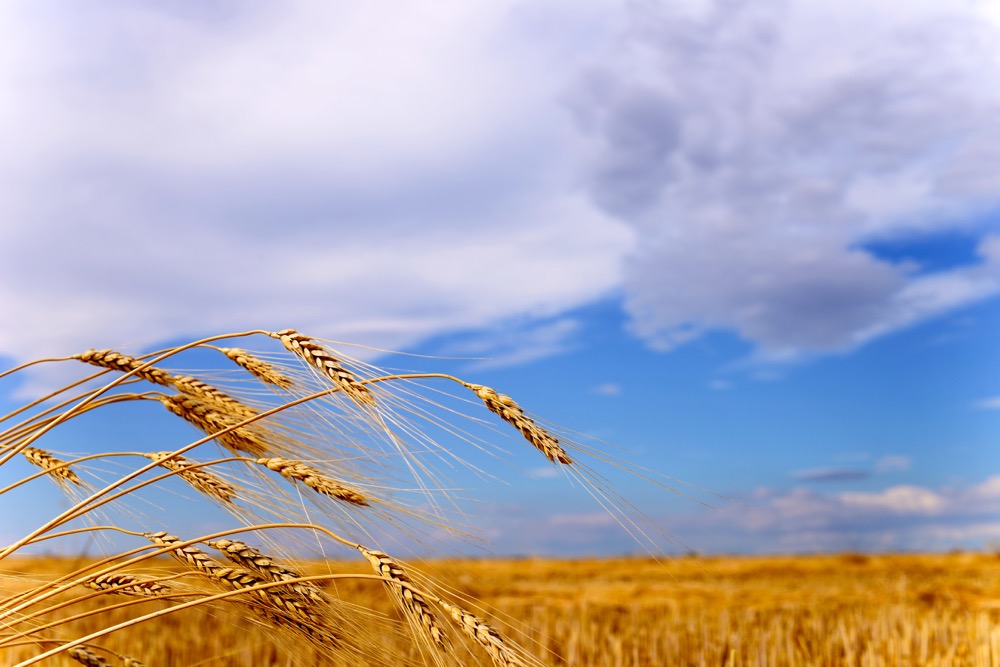Moscow | Reuters—Russia said on Friday it was declaring a federal emergency in 10 regions because of damage to crops resulting from frosts in May.
The move had been expected, after the agriculture minister said this week that she hoped it would be introduced and that it would pave the way for insurance claims by farmers.
The emergencies ministry said it applied to 10 regions including Luhansk, a part of eastern Ukraine that Russia claimed as its own territory in 2022, months after launching its invasion.
Read Also

U.S. grains: Corn gains on firm cash markets, big crush supports soybeans
U.S. corn futures gained on Wednesday as slow farmer sales of newly harvested grain firmed cash market prices and triggered short covering and technical buying in the futures market.
The ministry said commissions had been created in the affected regions to assess damage.
Russian Deputy Agriculture Minister Andrei Razin said earlier on Friday that the impact of weather problems on agricultural output would be minimized and that Moscow would fulfil all of its export commitments, the state TASS news agency reported.
Agricultural consultancy IKAR has cut its forecast for Russia’s wheat crop this year to 81.5 million metric tons, a drop of 12 per cent since mid-March. Last year’s harvest was around 93 million tons.
“It is a question of speeding up the procedure for farmers to receive compensation, as well as knocking out additional money for them,” IKAR head Dmitry Rylko said this week before the emergency was introduced.
Andrey Sizov of the Sovecon consultancy said rapidly deteriorating prospects for the crop, combined with rising domestic prices, meant the risk of additional restrictions on grain exports had, however, increased.
“I don’t think the Ministry of Agriculture itself wants such restrictions,” he added.
Sovecon this week cut its wheat crop forecast to 80.7 million tons. Back in March, it was projecting a crop of 94 million tons.
Russia banned grain exports in 2010 after drought and wildfires devastated its harvest, leading to a surge in global prices. The wheat crop that year, however, totalled just 41.5 million tons, according to the U.S. Department of Agriculture, around half the projected total for this season.
—Reporting for Reuters by Mark Trevelyan; Editing by Toby Chopra
















